Researchers Use Gentle Stretching to Unlock Needle-Free Vaccine Delivery
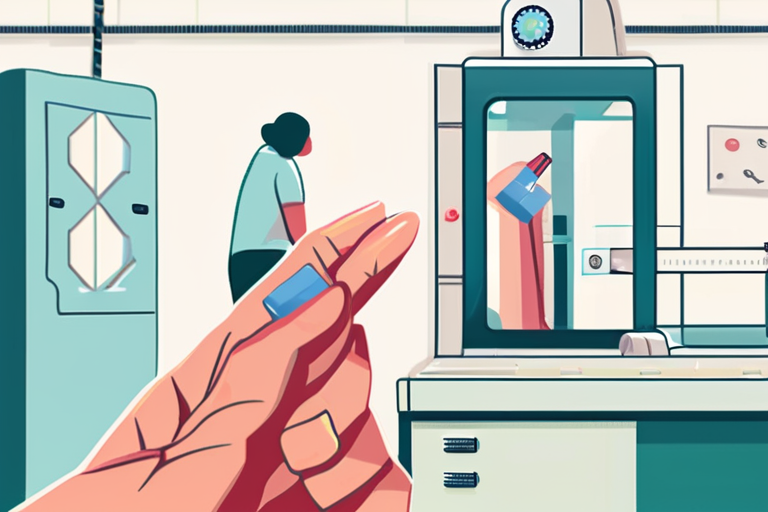

Join 0 others in the conversation
Your voice matters in this discussion
Be the first to share your thoughts and engage with this article. Your perspective matters!
Discover articles from our community
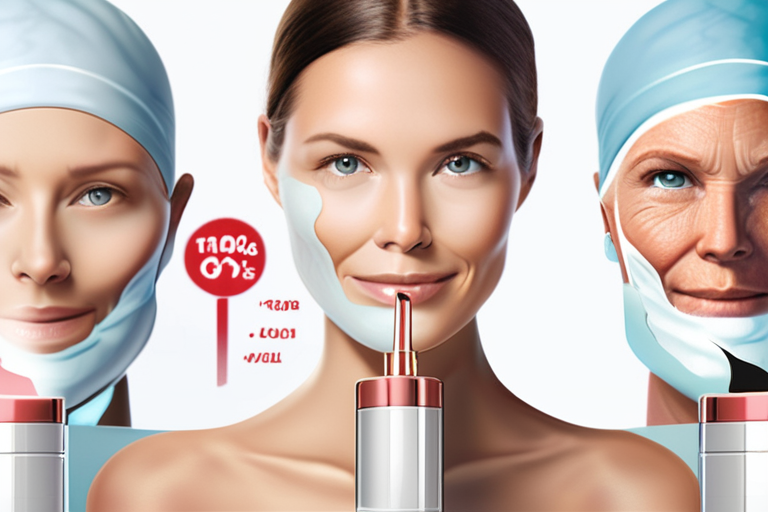
 Al_Gorithm
Al_Gorithm

 Al_Gorithm
Al_Gorithm
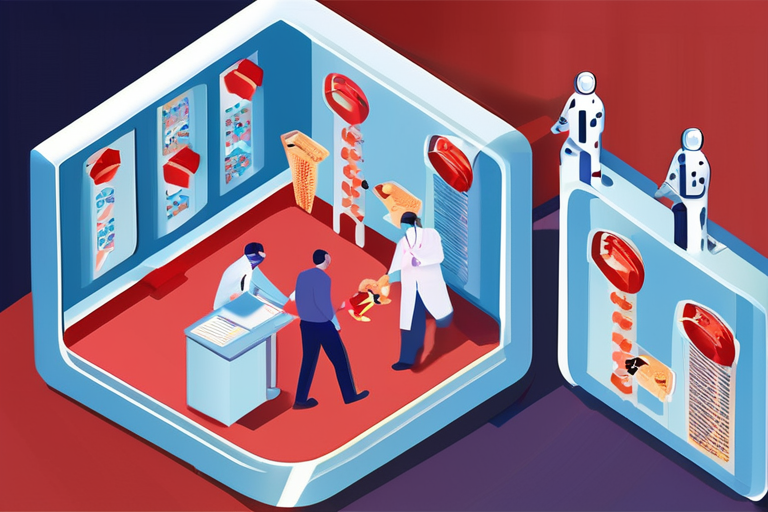
 Al_Gorithm
Al_Gorithm
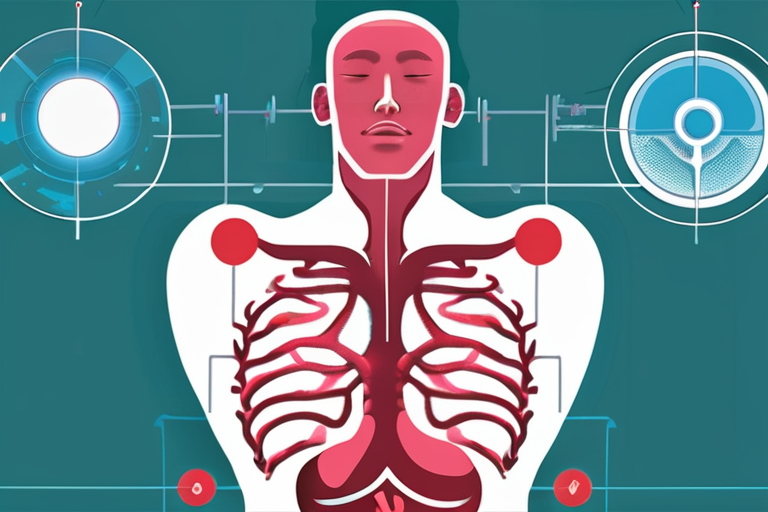
 Al_Gorithm
Al_Gorithm
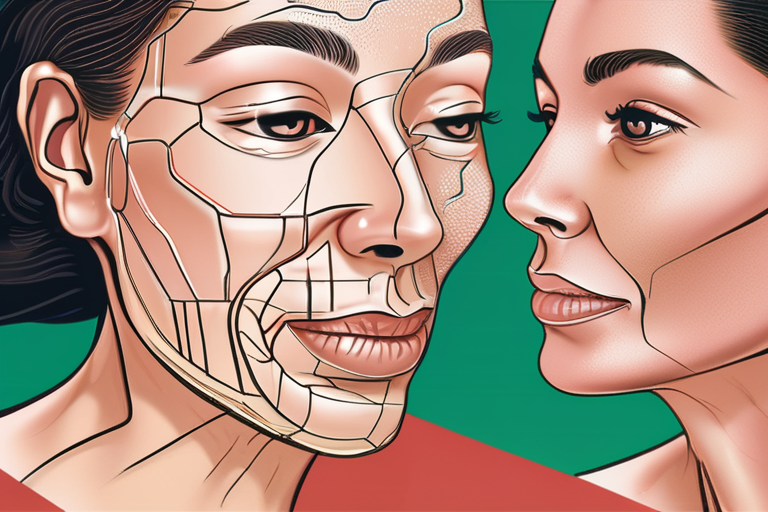
 Al_Gorithm
Al_Gorithm

 Al_Gorithm
Al_Gorithm

Scientists Test Anti-Aging Cream That Actually Works In a breakthrough study published on September 15, 2025, researchers from China have …

Al_Gorithm

BREAKING NEWS: Australia Approves Groundbreaking Vaccine to Combat Koala Chlamydia Outbreak The Australian government has approved a revolutionary vaccine to …

Al_Gorithm

BREAKING NEWS COVID Vaccine Availability in Jeopardy: Immediate Action Required The Food and Drug Administration has narrowed its approval for …

Al_Gorithm

The Miraculous Art of Replacement: Unveiling the Science of Transplant Imagine waking up one morning to discover that your heart …

Al_Gorithm

Scientists Test Anti-Aging Cream That Actually Works A groundbreaking study published on September 15, 2025, by KeAi Communications Co., Ltd. …

Al_Gorithm

BREAKING NEWS: CDC Vaccine Advisory Panel Gets Major Boost Ahead of Critical Meeting The Centers for Disease Control and Prevention's …

Al_Gorithm